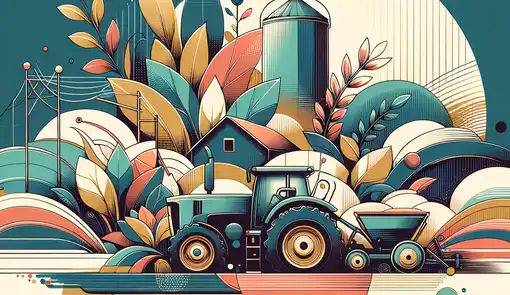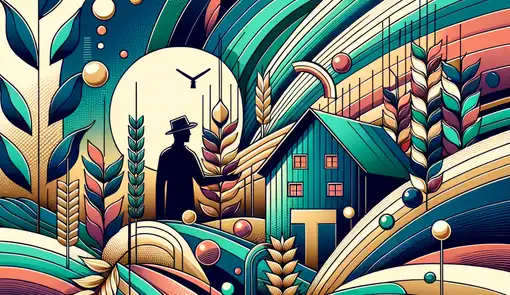INDUSTRY INSIGHTS
Agriculture Industry
Learn more about the Agriculture industry, read our articles and explore the job roles.
Latest Articles
Job Roles in Agriculture
Agriculture involves the cultivation of crops and the raising of livestock for food, fiber, and other products.









































































































































